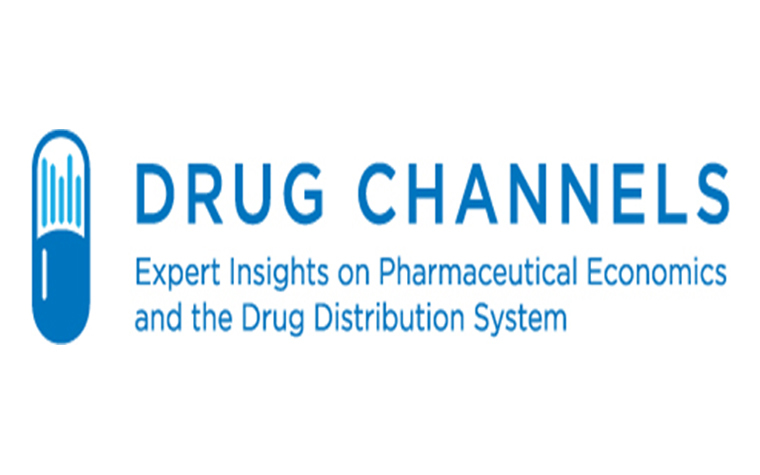Drug Channels, a website providing expert insights on pharmaceutical economics and the drug distribution system, recently commented on a new report from the Centers for Medicare & Medicaid Services, titled “Medicare Part D – Direct and Indirect Remuneration (DIR).”
“The report shows mixed consequences of DIRs in the Medicare Part D program,” Dr. Adam J. Fein of Drug Channels wrote. “For example, manufacturer rebates (the biggest part of DIRs) reduce plan costs and Part D premiums. However, beneficiaries pay higher out-of-pockets costs because coinsurance amounts are based on the undiscounted, pre-rebate retail price. Meanwhile, the government is paying a growing share of drug costs due to catastrophic coverage.”
According to Drug Channels, the CMS report will change the way the industry and consumers deal with rebates, gross-to-net discounts, plan premiums, and patients’ out-of-pocket expenses. Fein believes the report lays the groundwork for changing the Medicare part D program.
The CMS report came to three key conclusions – some beneficiaries could see higher out-of-pocket costs, Medicare liabilities are increasing while plan liabilities are shrinking, and plan premiums continue to remain stable.








 Alerts Sign-up
Alerts Sign-up